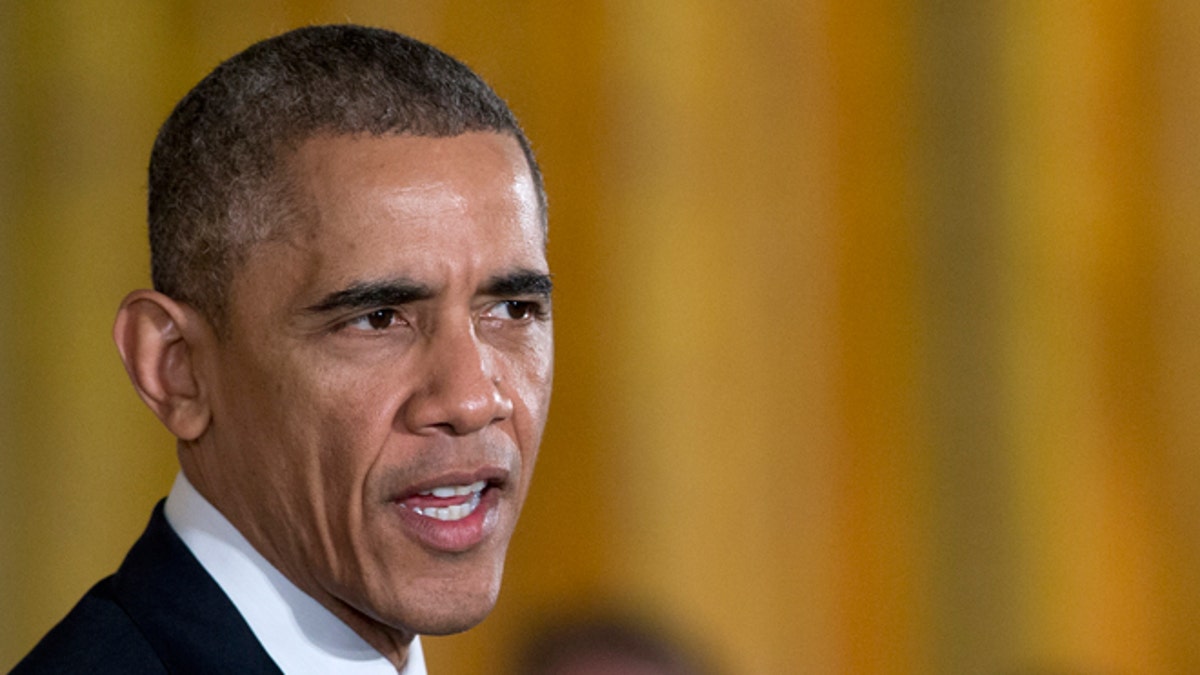
FILE -- Associated Press
Two reports on Syria, one on American efforts to bolster rebels and one on Russian efforts to protect Bashar al-Assad, combine to tell the whole story. It’s not a pretty picture.
President Obama’s weak-tea plan is summarized in a Wall Street Journal article that says he authorized a covert CIA program in 2013. The aim, the Journal reports, was to “gradually build a moderate force strong enough to put military pressure on Mr. Assad.”
But instead of victory, Obama only wanted to “force the regime to accept a political solution.”
Contrast that limited objective with Vladimir Putin’s sweeping plan, as summarized by Frederick Kagan and Kimberly Kagan. Beyond protecting Assad, they say Putin “means to forge a counter-alliance consisting of Russia, Iran, Iraq, Syria, and Lebanese Hezbollah and demonstrate that his coalition is more effective than the West’s.”
The White House deliberately downplayed the Russian buildup because it undercut central promises Obama made to Congress about the Iran nuke deal, which was then being debated.
In their intelligence update, they say Putin also aims “to establish a permanent foothold in the Middle East from which he can threaten NATO’s southern flank directly, project power into the Mediterranean and the Arab World, and generally re-create Russia’s aura as a global power.”
The Kagans also mock Obama’s reaction to Putin’s buildup as “inexplicably bewildered.” They cite Secretary of State John Kerry’s assertion late last month that he lacked “clarity” on Putin’s intent.
But as I wrote Sunday, there is no mystery. The White House deliberately downplayed the Russian buildup because it undercut central promises Obama made to Congress about the Iran nuke deal, which was then being debated.
One of those promises was that Russia would help enforce the terms. Instead, Putin actually was making common cause with Iran, and both are now killing the Syrian rebels we supported.
Here’s the scorecard: Obama got his Iran deal, and the world got a more aggressive Iran, an expanded Syrian war and wider Russian influence. With each passing day, the cost of stopping Putin grows more expensive.
To continue reading Michael Goodwin's column in the New York Post, click here.
